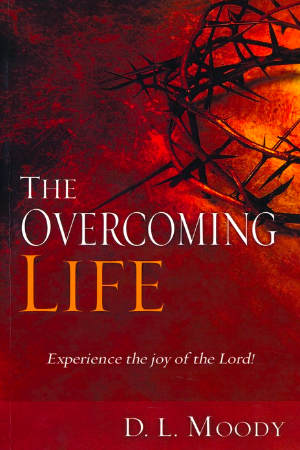Thomas Guthrie was born at Brechin, in Forfarshire, July 12,1803. His father was a merchant and a banker, and the family was one of great respectability and antiquity.
Thomas Guthrie was a lineal descendant of the well-known Dr. William Guthrie, author of “Trial of a Saying Interest in Christ,” and who was a cousin of James Guthrie the martyr.
Thomas was one of a family of several boys. Alexander, an elder brother, was a medical practitioner of considerable reputation. Charles, another brother, was a soldier in the Indian army, became a captain, and was killed in the first Burmese war.
Until he was eleven years of age Thomas pursued his studies in his native town, but at that early period, as was the custom of the time, he was sent to the University of Edinburg.
Having decided to enter the University, he passed through the Divinity Hall, and while yet very young, he was licensed as a preacher by the Presbytery of Brechin.
It is by no means certain through whose influence he was led to choose the ministry as his profession, but it is very probable that his mother, who was, like Susannah Wesley,” both a godly and a clever woman,” disposed his youthful mind to it.
Though a licensed preacher, he was only a probationer, and for several years, for various reasons, he did not become pastor of a settled congregation. During this period he engaged in secular pursuits, assisted his father in the bank, and afterward paid some attention to the study of medicine.
In 1830, the parish of Arbirlot became vacant, and after considerable delay, Dr. Guthrie was settled as the minister. His talent as a preacher now began to appear. He set out with a firm purpose to make himself understood, and to gain and keep the attention of the people.
This he did by giving especial attention to the illustrations in every sermon. His ministrations roused the people of that city into a vividness of religious thought and a seal for spiritual advancement.
But the fame of the preacher had spread, and in 1837, Dr. Guthrie was elected to fill the vacancy in the Church of the Old Greyfriars, Edinburg.
Though a difficult post of duty, he took rank as a pulpit orator of singular vigor and vivacity. It was not long before the church was crowded with hearers, many of them persons of high position and renown.
But Dr. Guthrie had not occupied his church long before events occurred that led to a reform in the church over all Scotland. Up to this time he had been a firm believer in the Established Church as the church of all classes, rich and poor.
So he was much annoyed by the notions of the Town Council increasing the seat rents, which meant exclusion of the poor.
Continued and embarrassing interruptions on the part of the’ State, in which the State interfered with the freedom and impaired the spirituality of the church, disregarding the rights of the people, led him, in the ultimate disruption which occurred, to cast his lot with the Free Church movement.
With his congregation, he left St. John’s Church, and found temporary accommodation in the Wesleyan Chapel in Nicolson Square. In a few years a new church was built for his congregation, close to the old one, in which he entered on a new era in his ministry, and was more popular and successful than ever.
Dr. Guthrie was a great orator; but he was something more. His ministry was fruitful in conversions, philanthropy, and reform.
Among his last utterances were these: “Affection is very sweet; and it is all one from whatever quarter it comes—whether from a Highland lassie or a peeress—just as to a thirsty man cold water is equally grateful from a spring on the hillside as from a richly ornamented fountain.”
On learning of the Queen’s inquiry as to his condition, he said, “It is very kind,” and parting with an humble servant he whispered, “God bless you, my friend.”
Thomas Guthrie
Thomas Guthrie was born at Brechin, in Forfarshire, July 12,1803. His father was a merchant and a banker, and the family was one of great respectability and antiquity. Thomas Guthrie was a lineal descendant of the well-known Dr. William Guthrie, author of “Trial of a Saying Interest in Christ,” and who was a cousin of James Guthrie the martyr.







